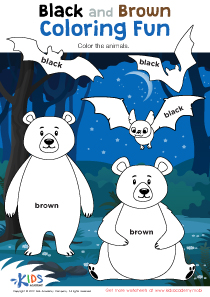Fine Motor Skills Kindergarten English for Beginners Worksheets - Page 2
61 filtered results
-
From - To
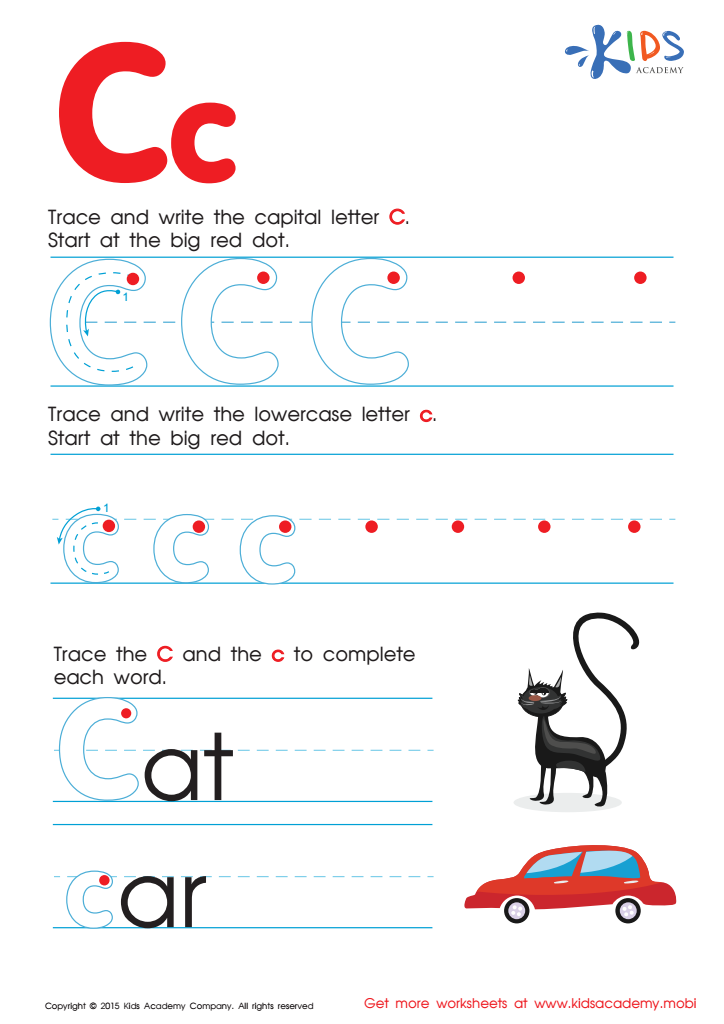

Letter C Tracing Page
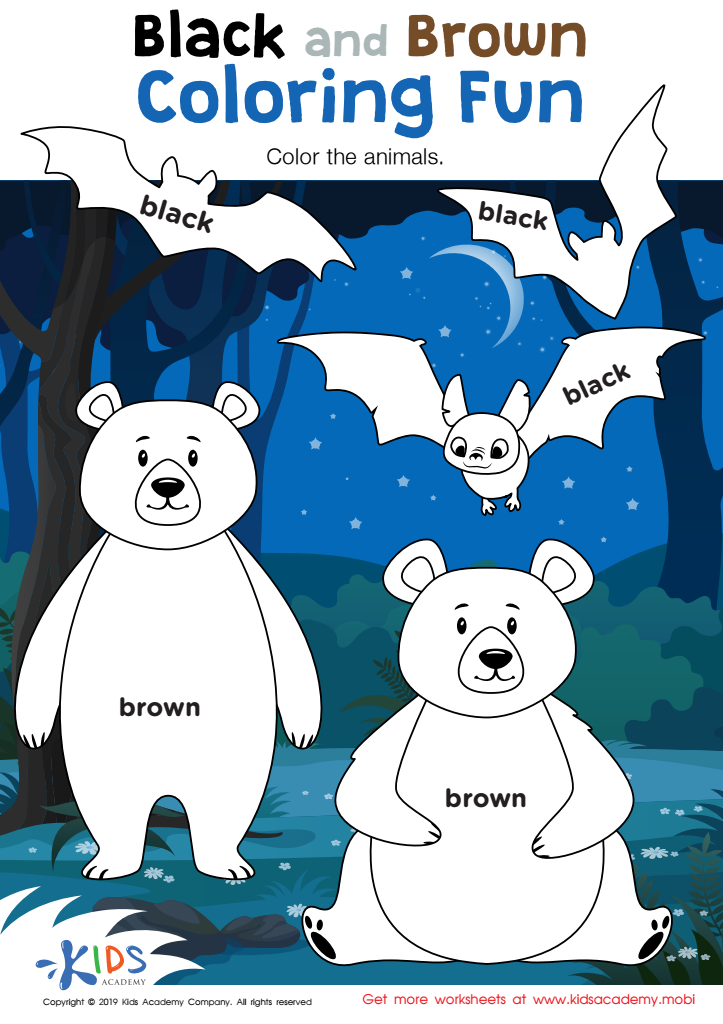

Black and Brown Coloring Fun Worksheet
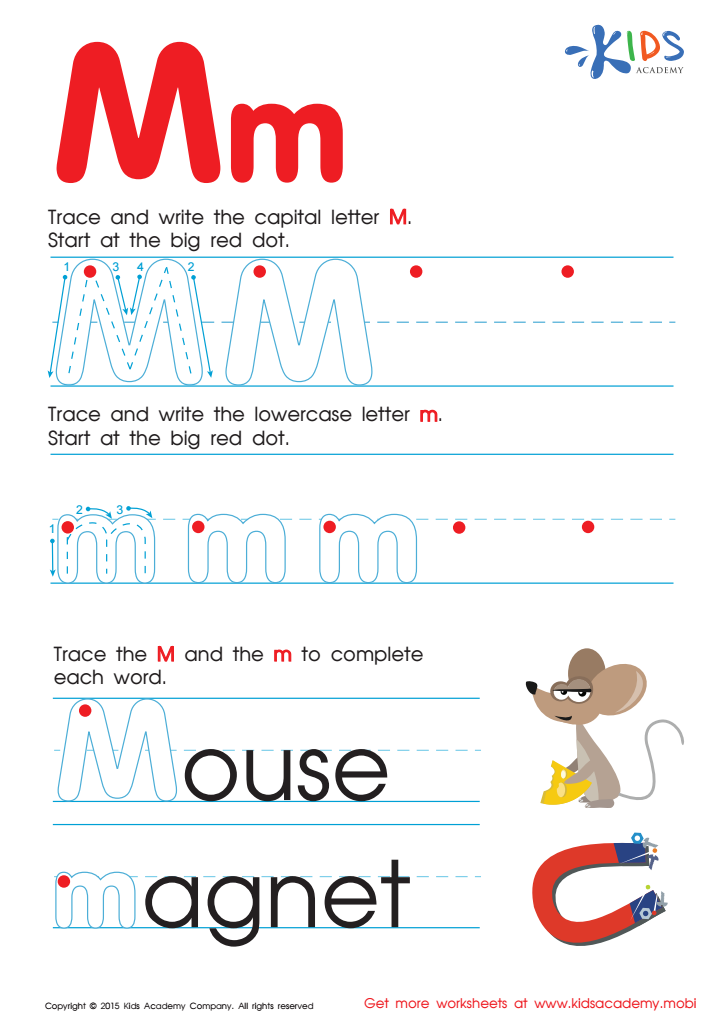

Letter M Tracing Page
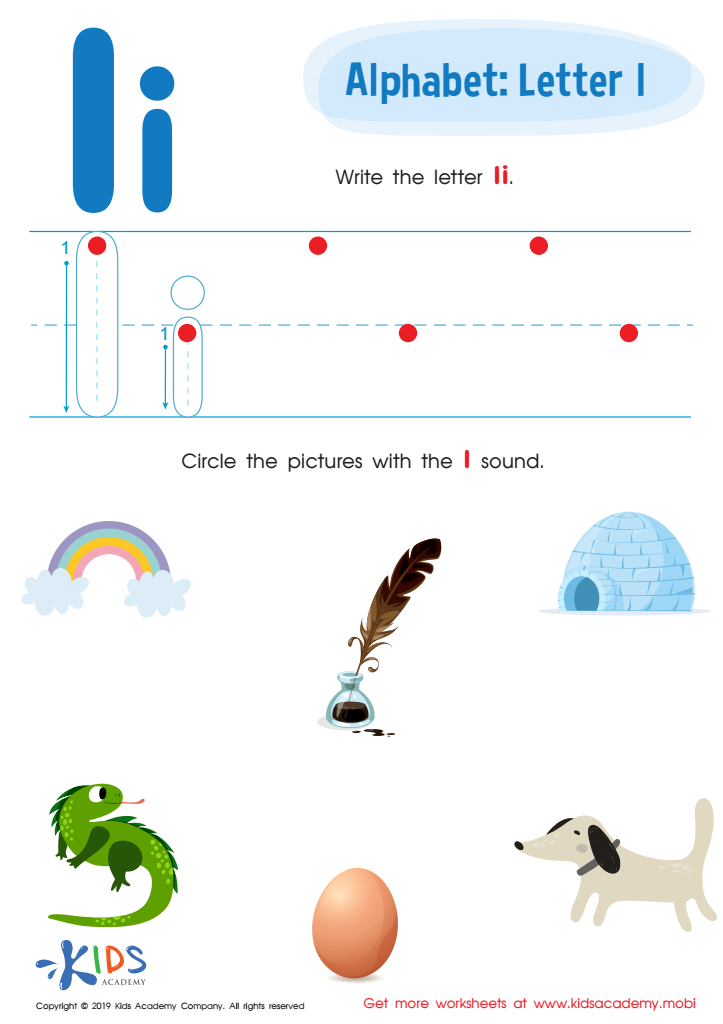

Letter I Tracing Worksheet
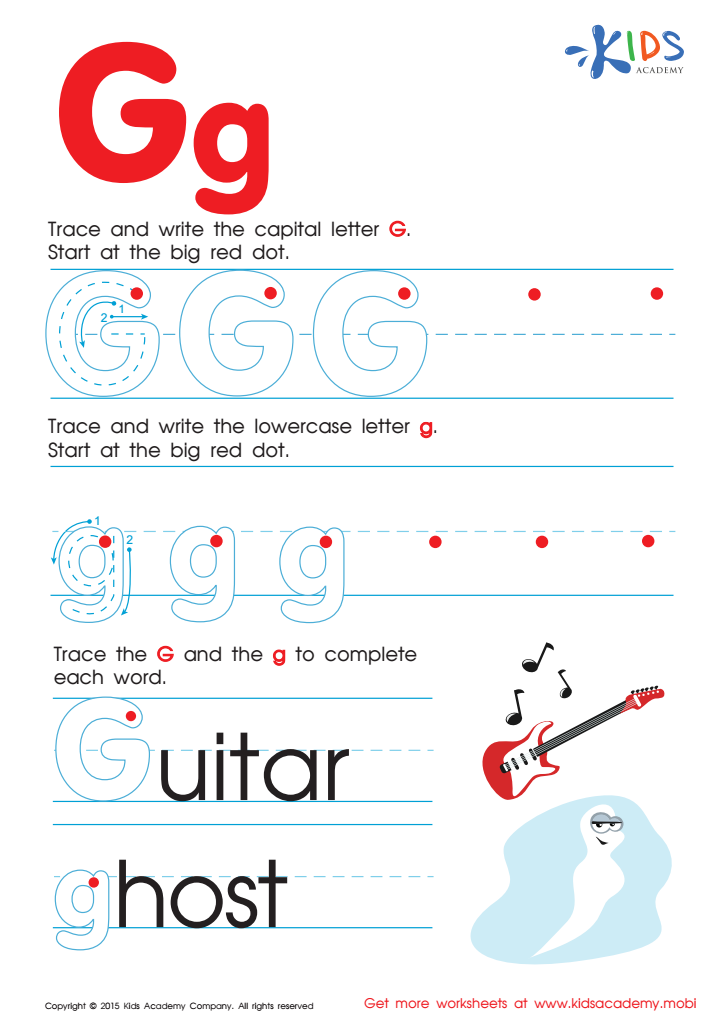

Letter G Tracing Page
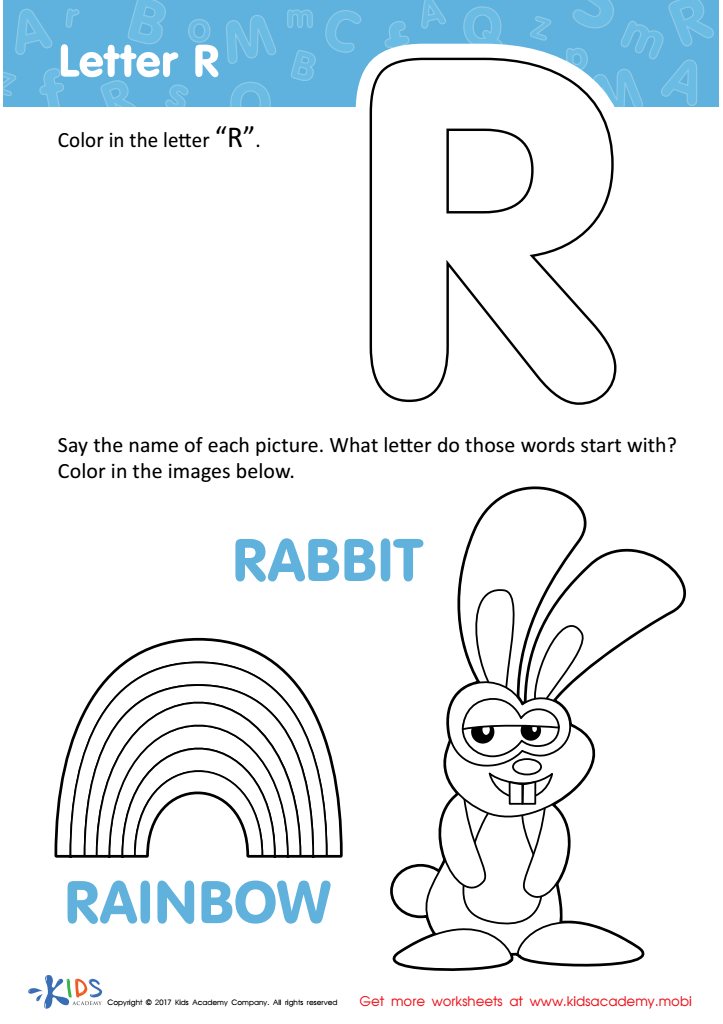

Letter R Coloring Sheet
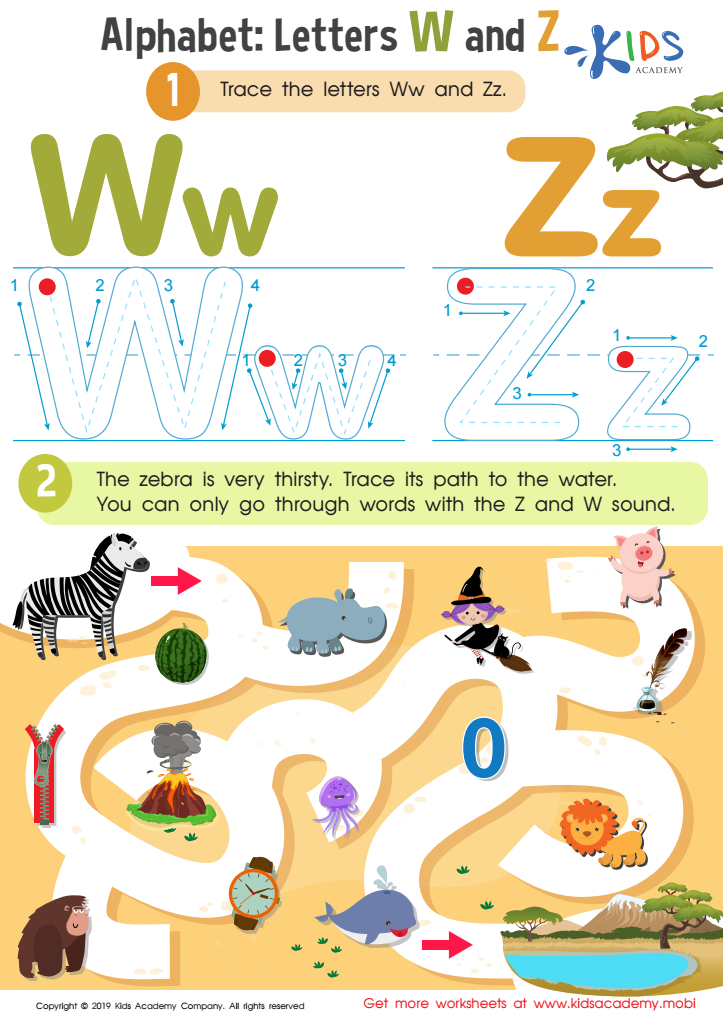

Letters W and Z Tracing Worksheet
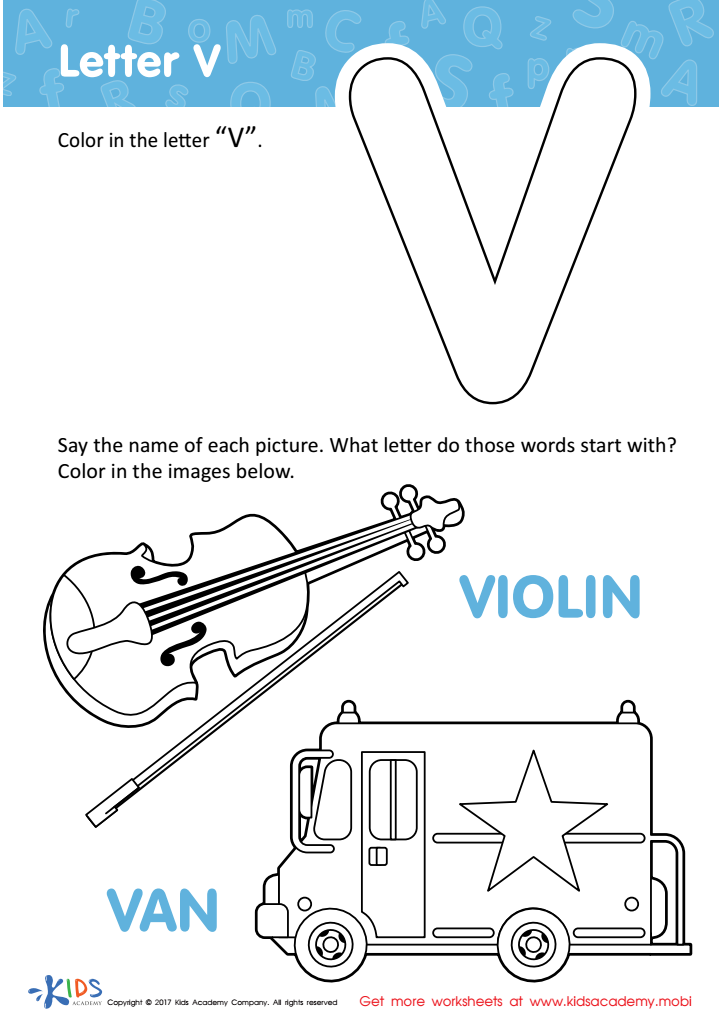

Letter V Coloring Sheet
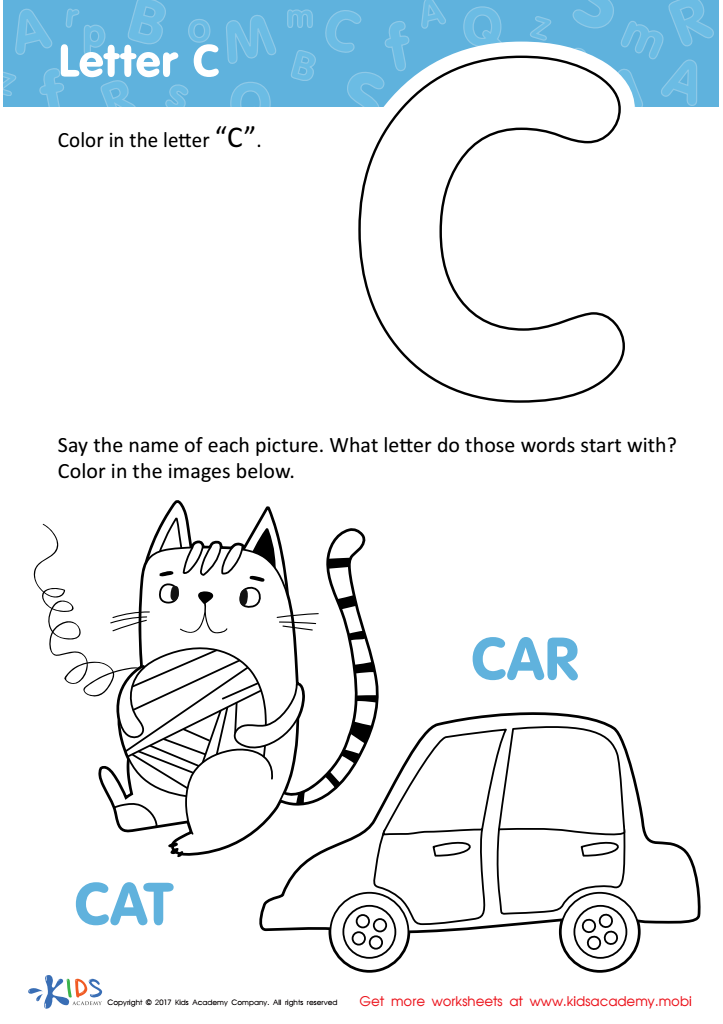

Letter C Coloring Sheet
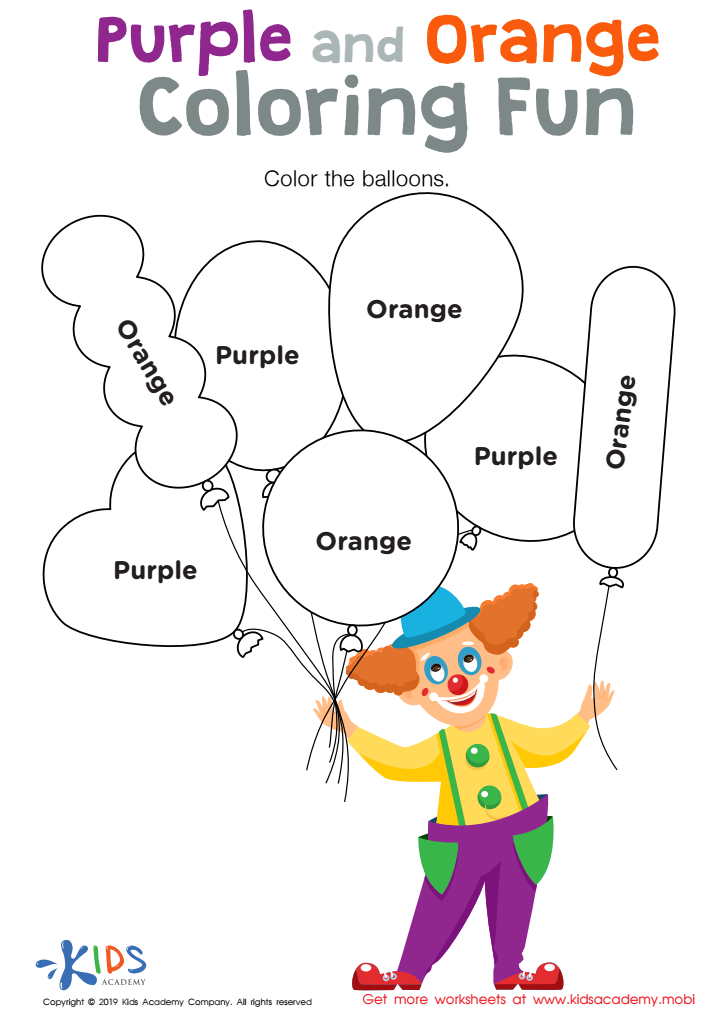

Purple and Orange Coloring Fun Worksheet
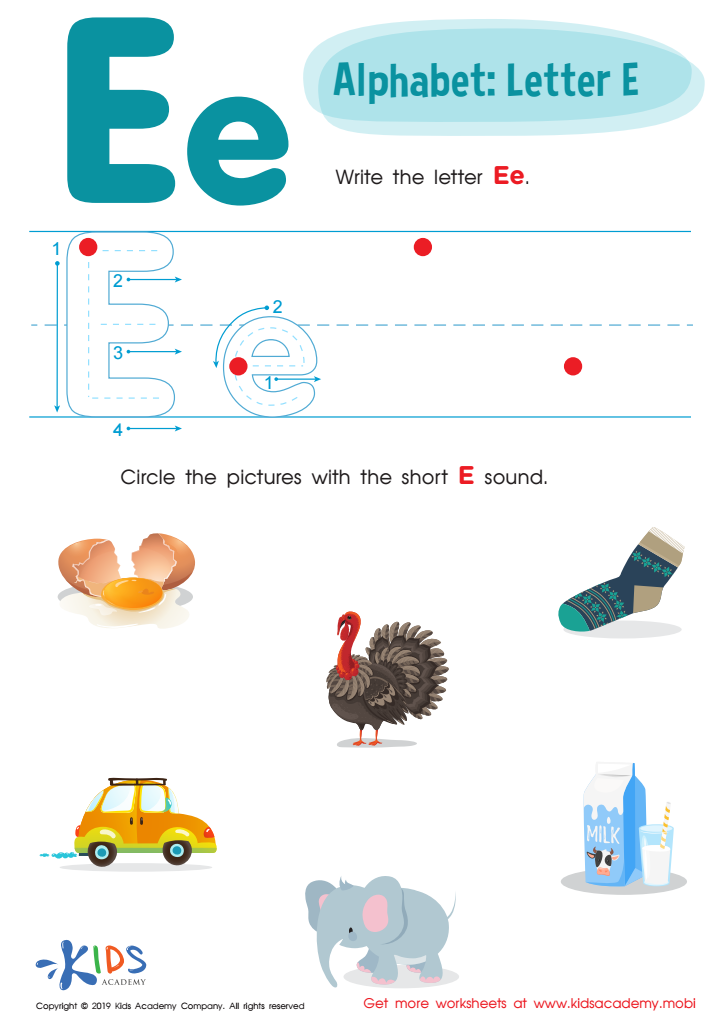

Letter E Tracing Worksheet
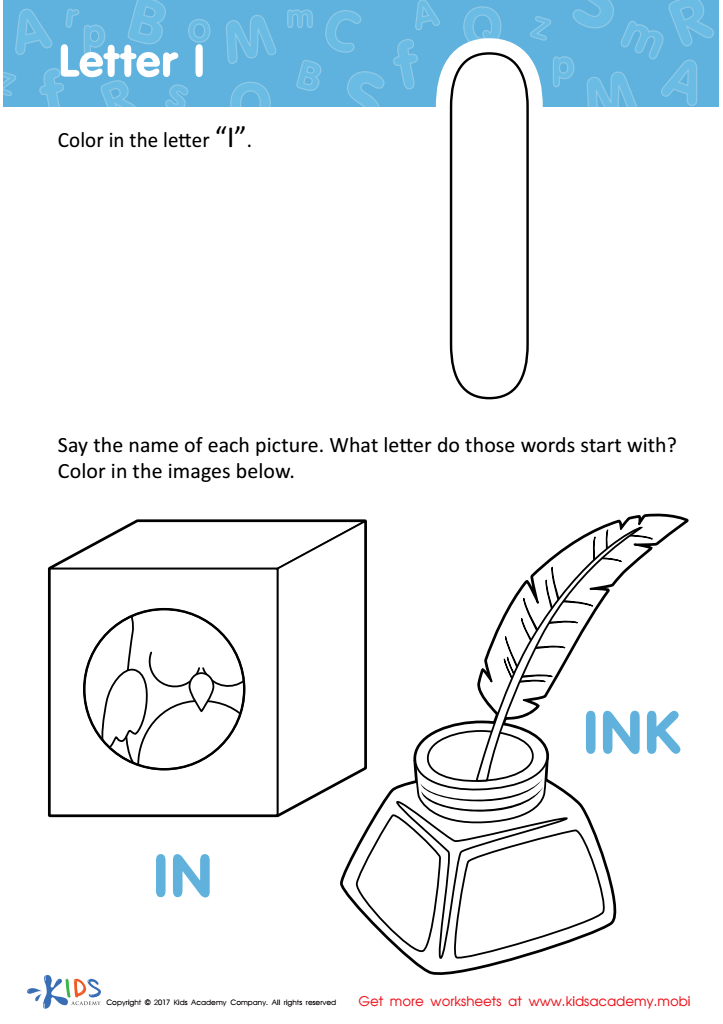

Letter I Coloring Sheet
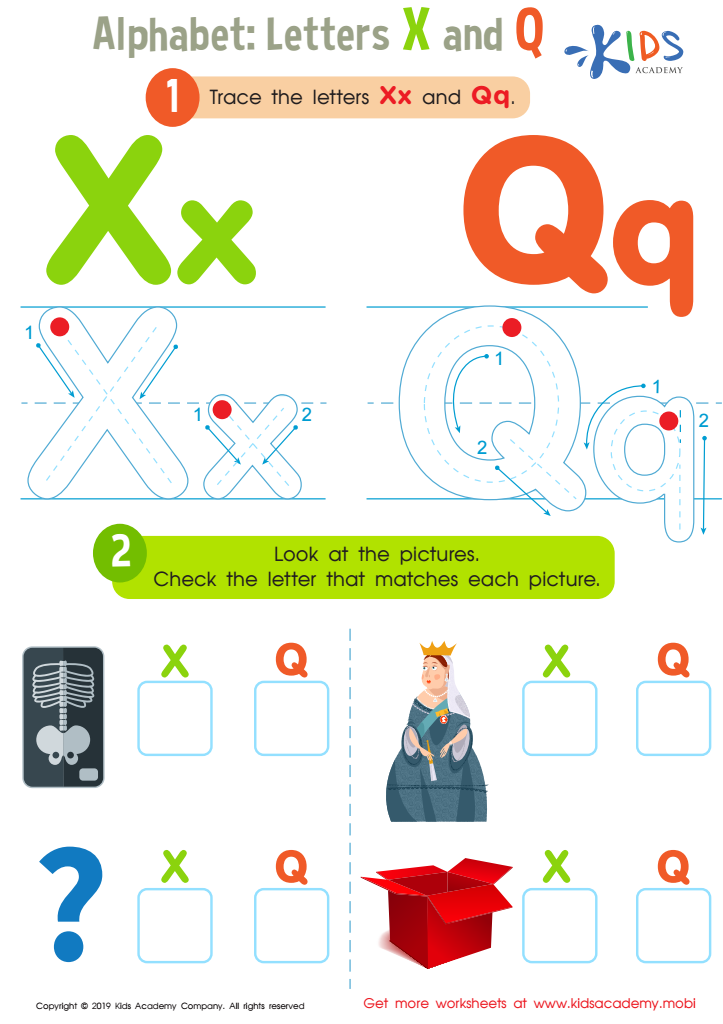

Letters X and Q Tracing Worksheet


Long and Short U Worksheet
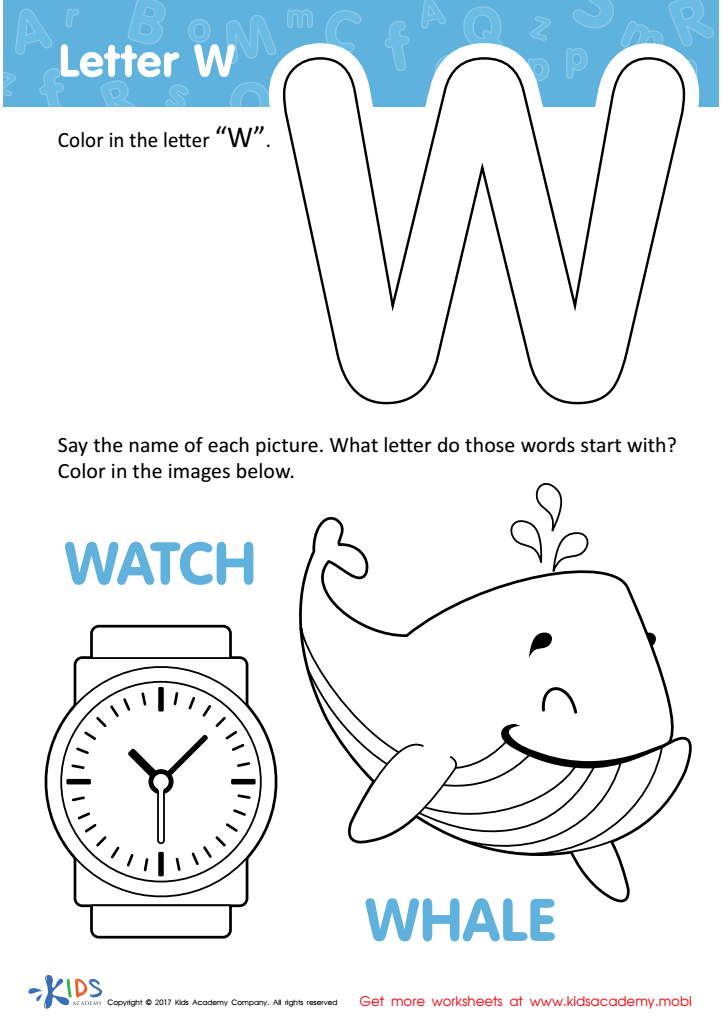

Letter W Coloring Sheet
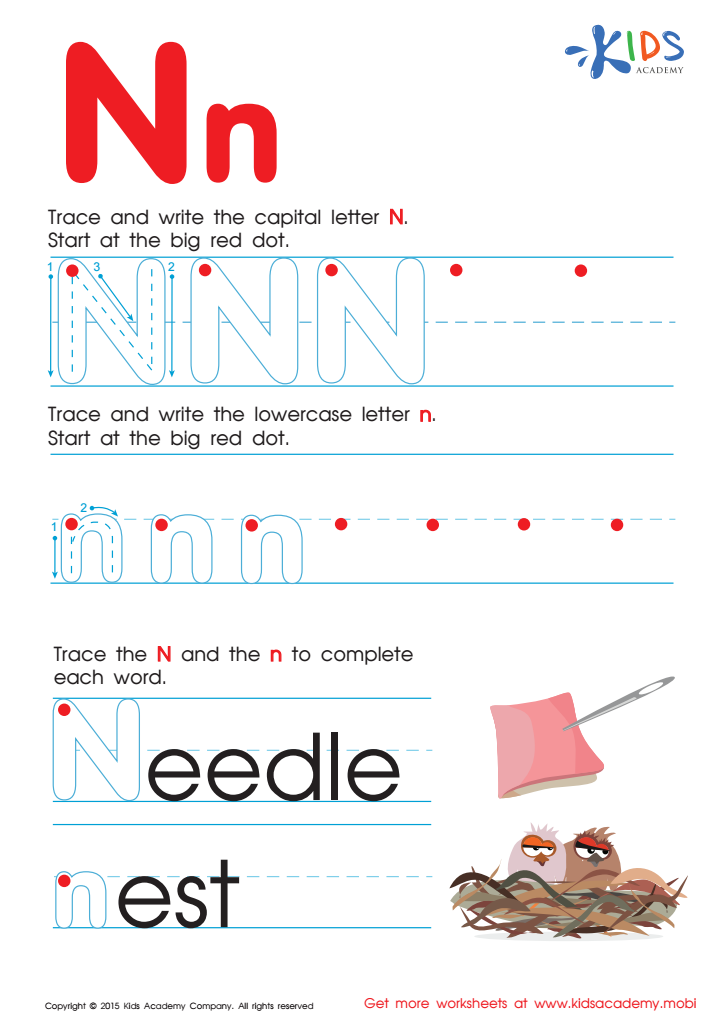

Letter N Tracing Page
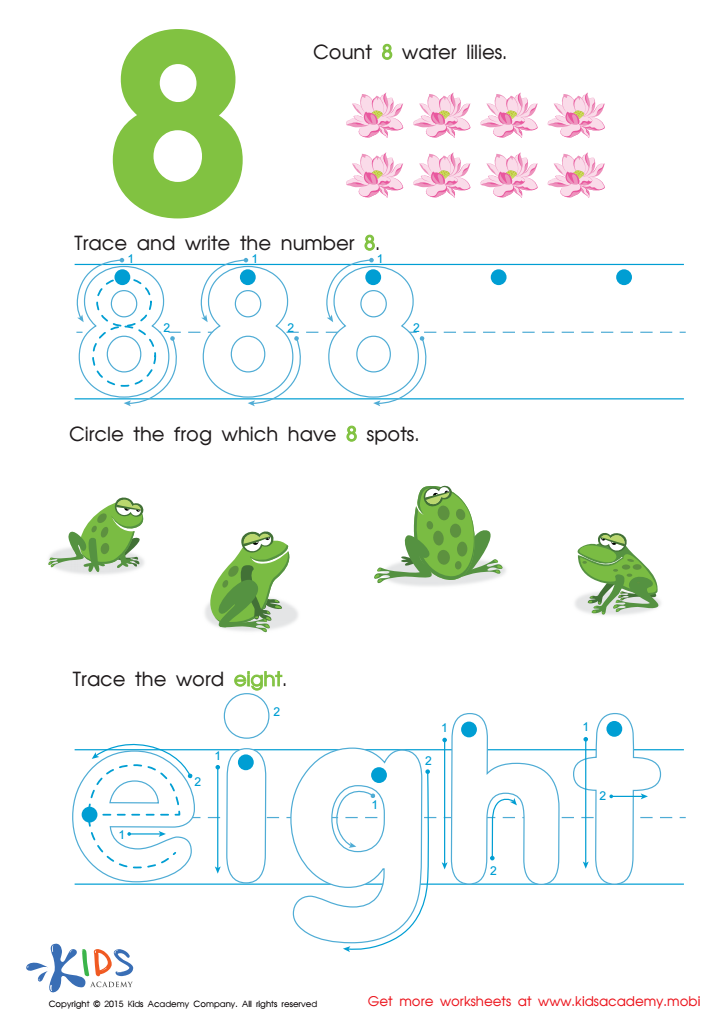

Learn Number 8 Easily Worksheet
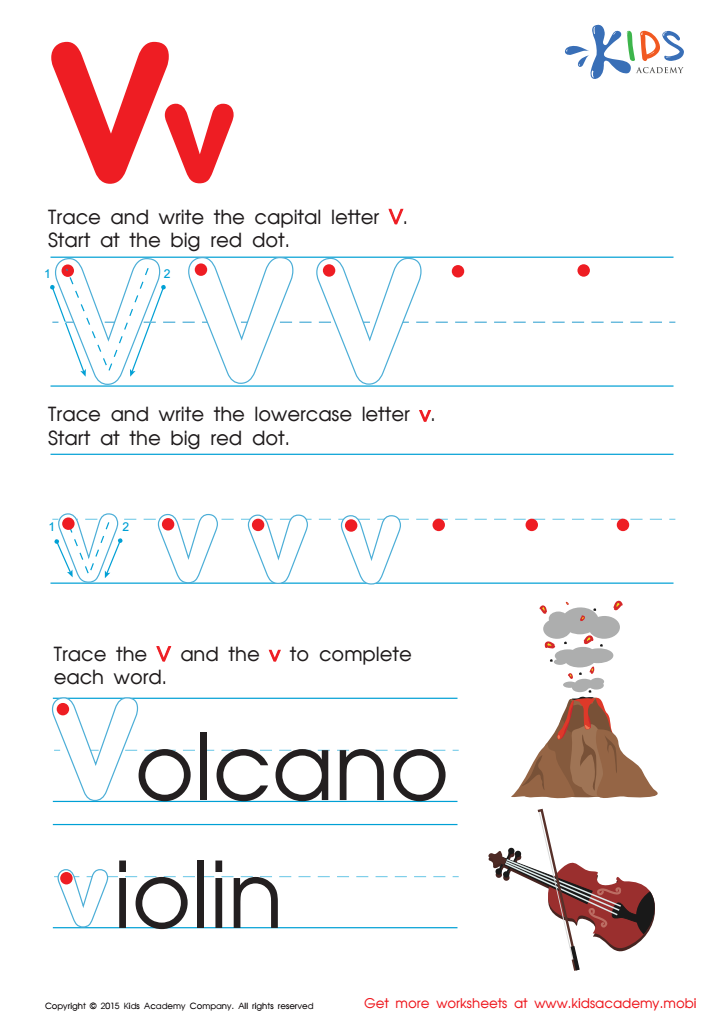

Letter V Tracing Page
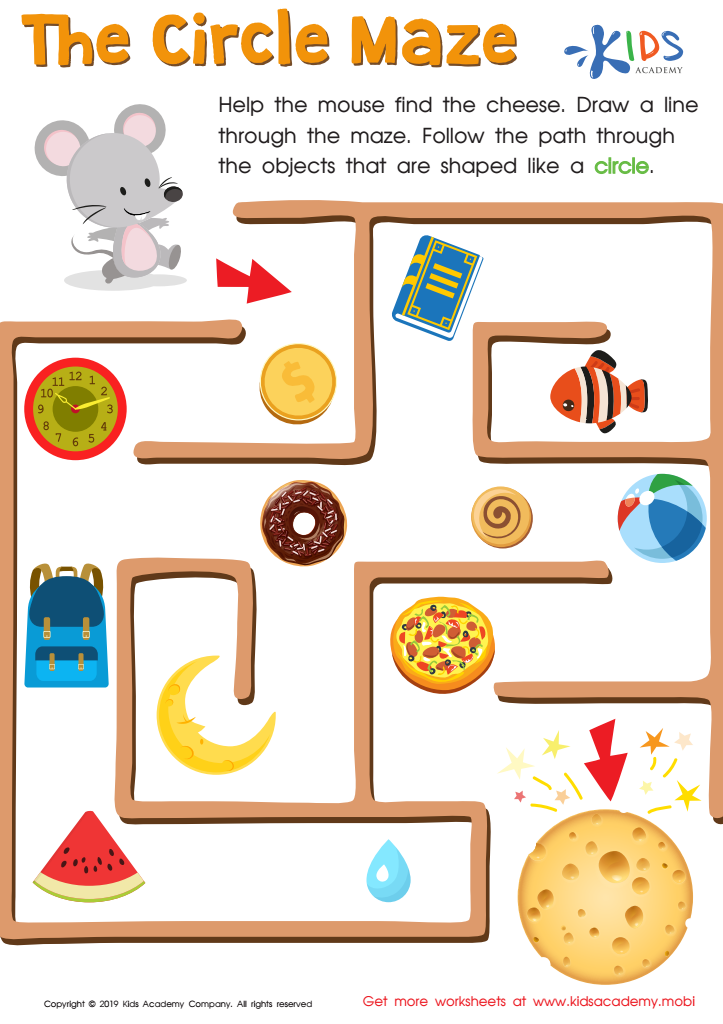

The Circle Maze Worksheet
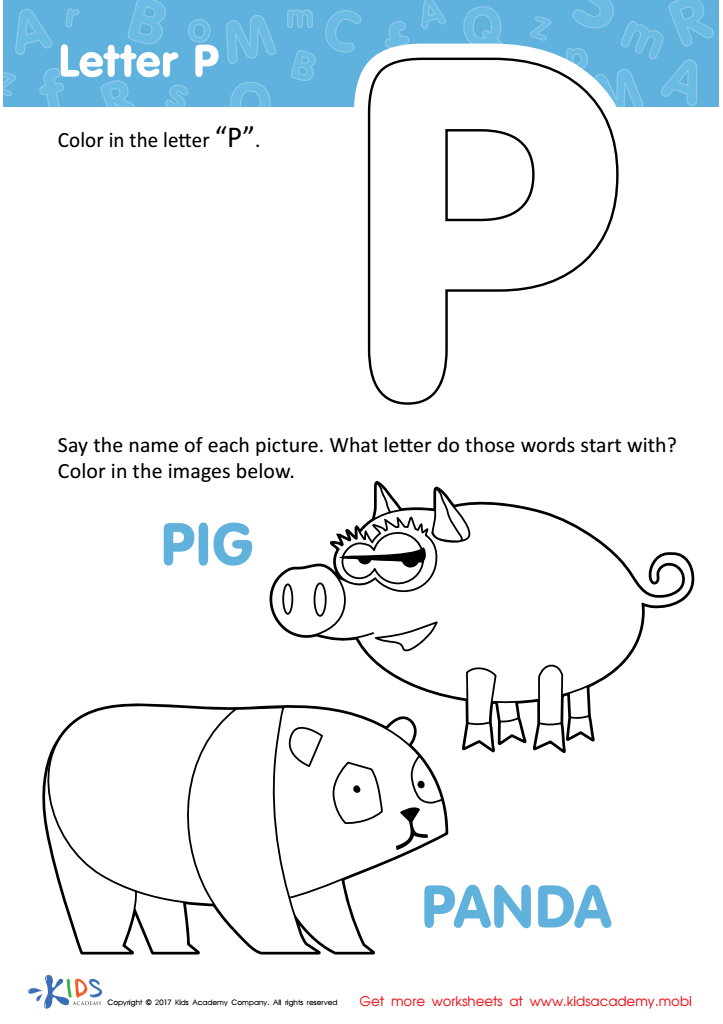

Letter P Coloring Sheet
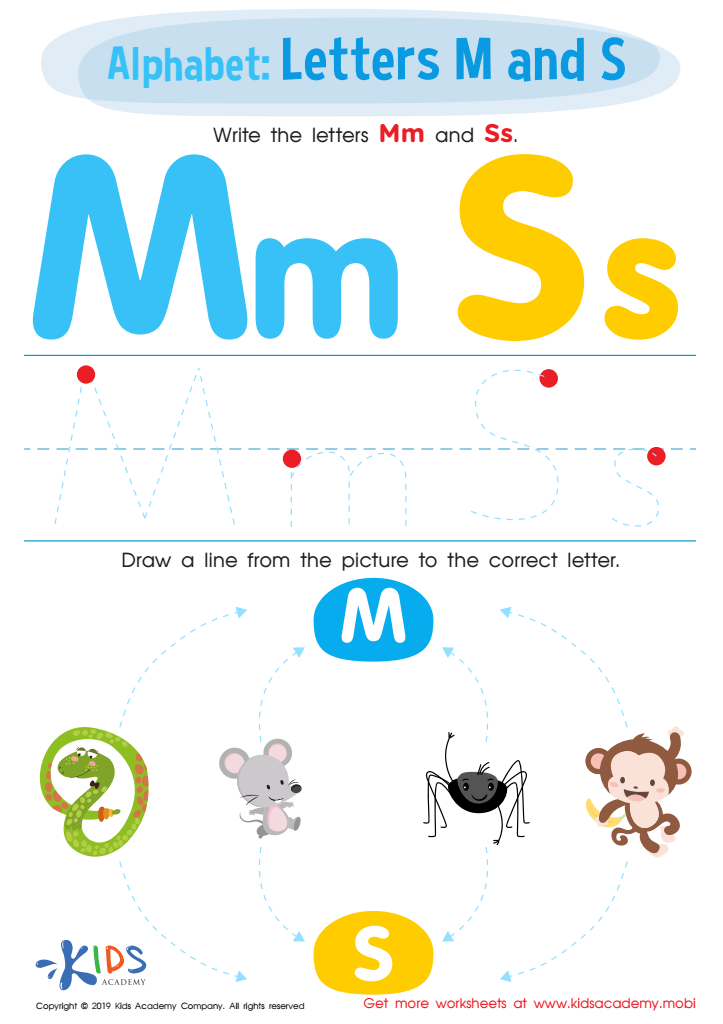

Letters M and S Tracing Worksheet
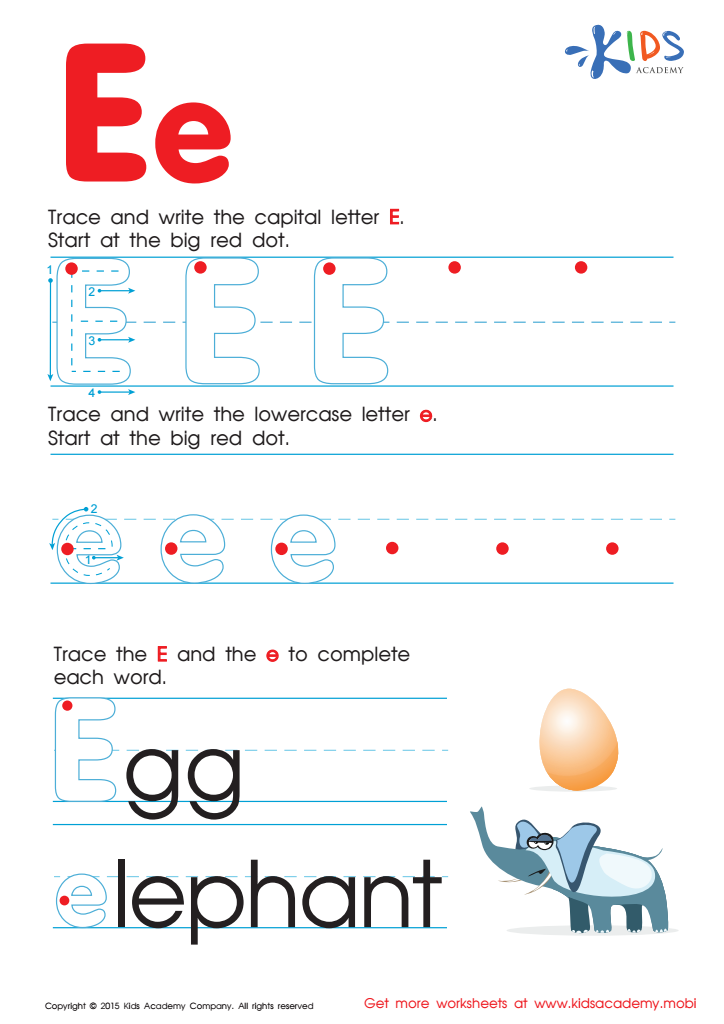

Letter E Tracing Page
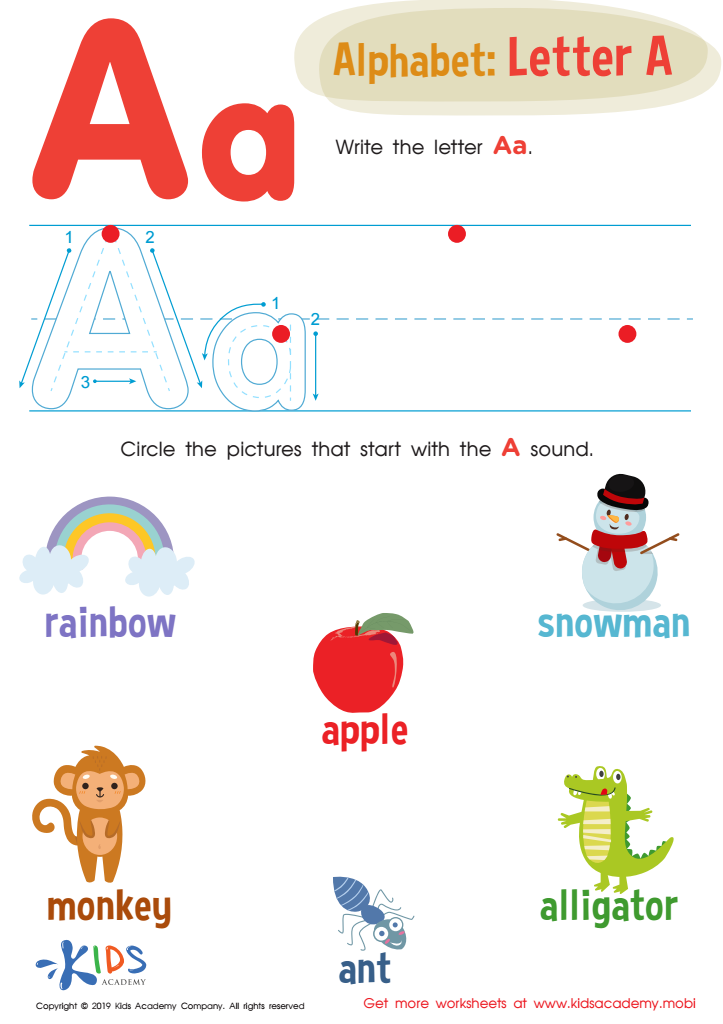

Letter A Tracing Worksheet
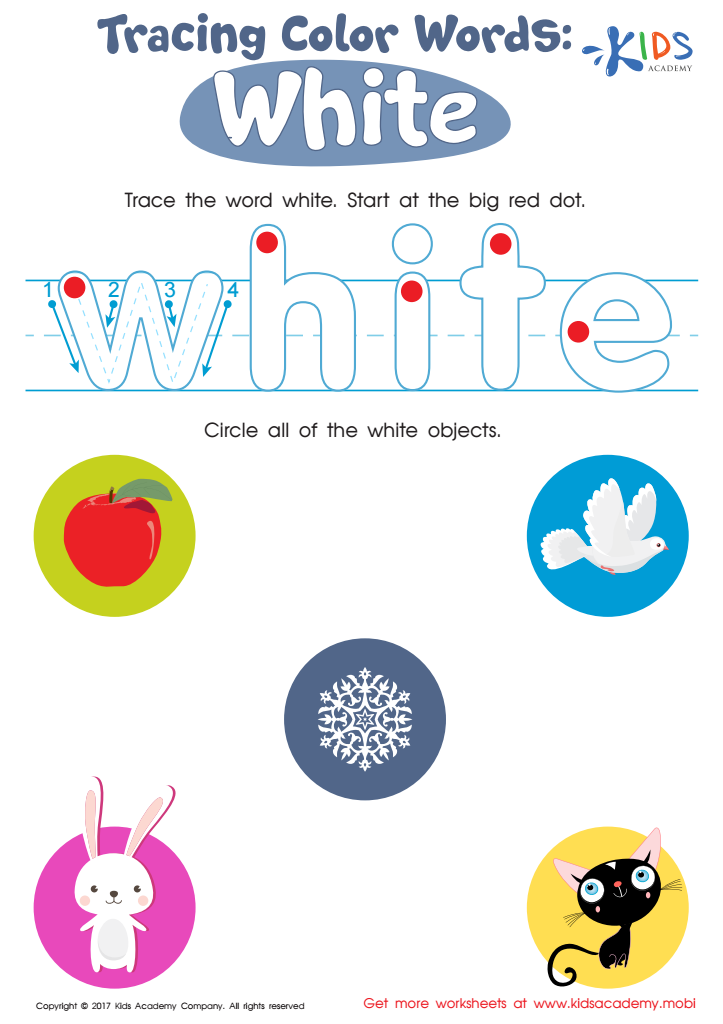

White Tracing Color Words Worksheet
Fine motor skills involve the precise movement of small muscles in the hands and fingers, skills that are crucial for young children, especially in a kindergarten setting. Parents and teachers should prioritize the development of these skills because they underpin numerous essential activities and milestones in early education. Kindergarten English for beginners often requires children to engage in tasks such as writing, drawing, and using scissors, all of which depend heavily on fine motor coordination.
Developing fine motor skills enhances a child's ability to perform daily tasks independently, boosting their confidence and self-sufficiency. Furthermore, these skills are foundational for academic pursuits; for instance, the ability to form letters correctly is vital for literacy. Adequate fine motor development enables children to concentrate more on learning phonics and vocabulary rather than struggling with the physical act of writing.
Additionally, activities promoting fine motor skills—like coloring inside lines, manipulating building blocks, or stringing beads—can also foster cognitive development, problem-solving, and creativity, enriching the overall learning experience. By focusing on fine motor skills, parents and teachers lay a strong groundwork for children's later academic success and personal growth, making these early years both productive and enjoyable.

 Assign to My Students
Assign to My Students








